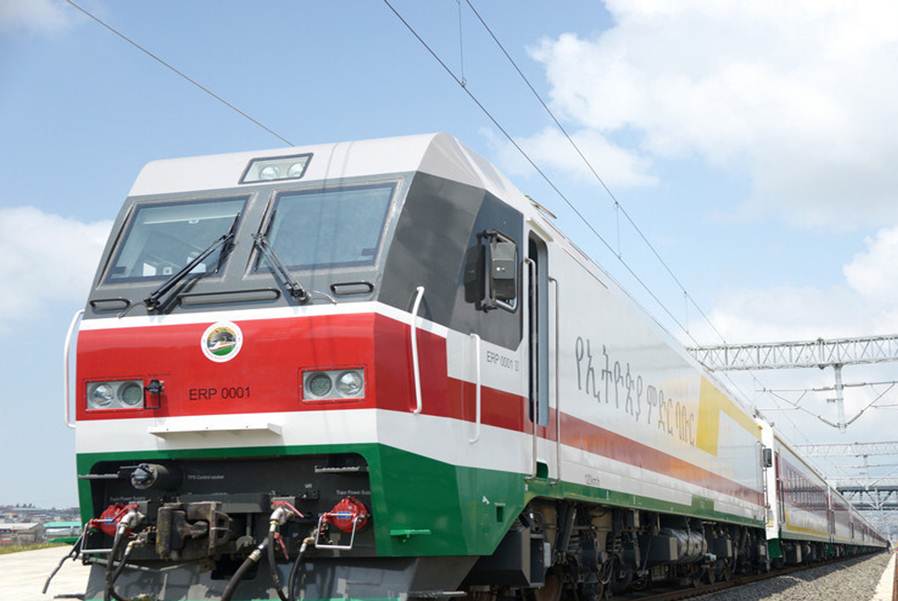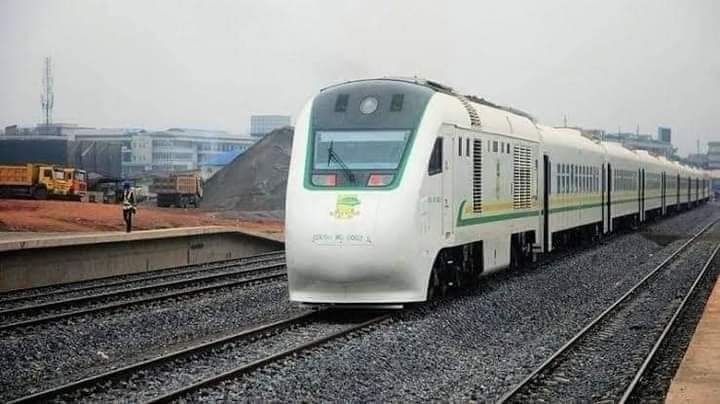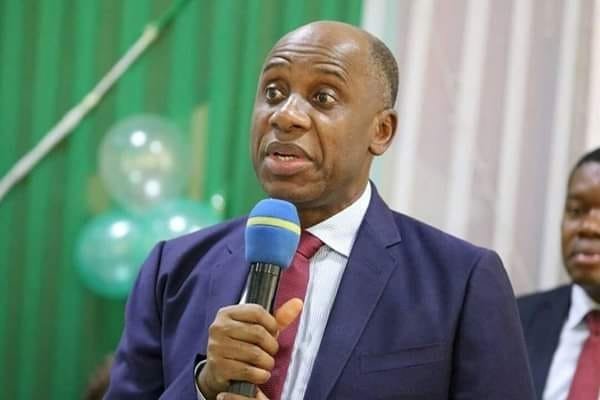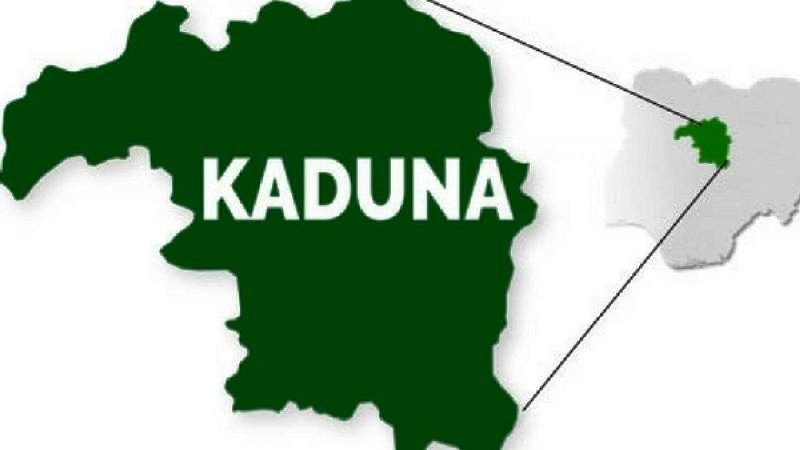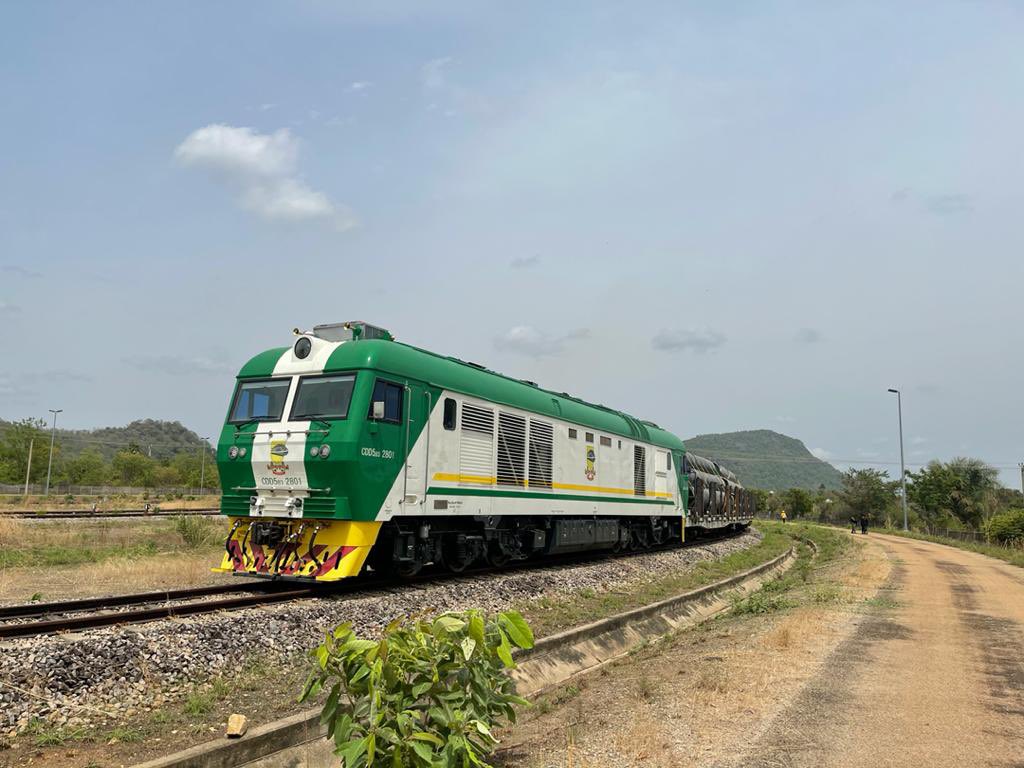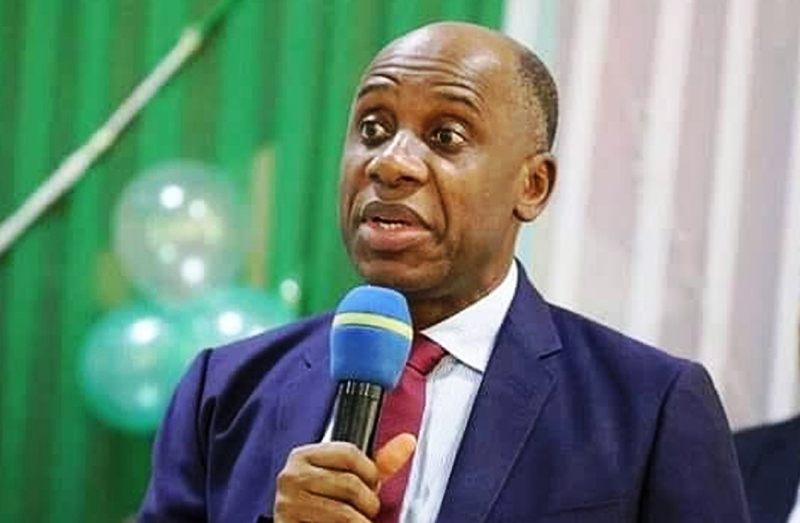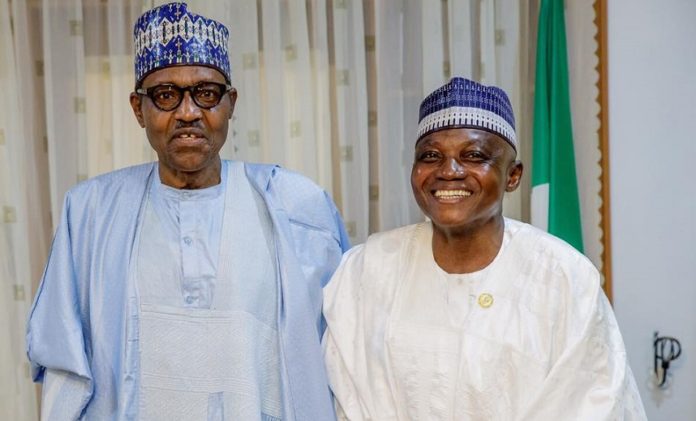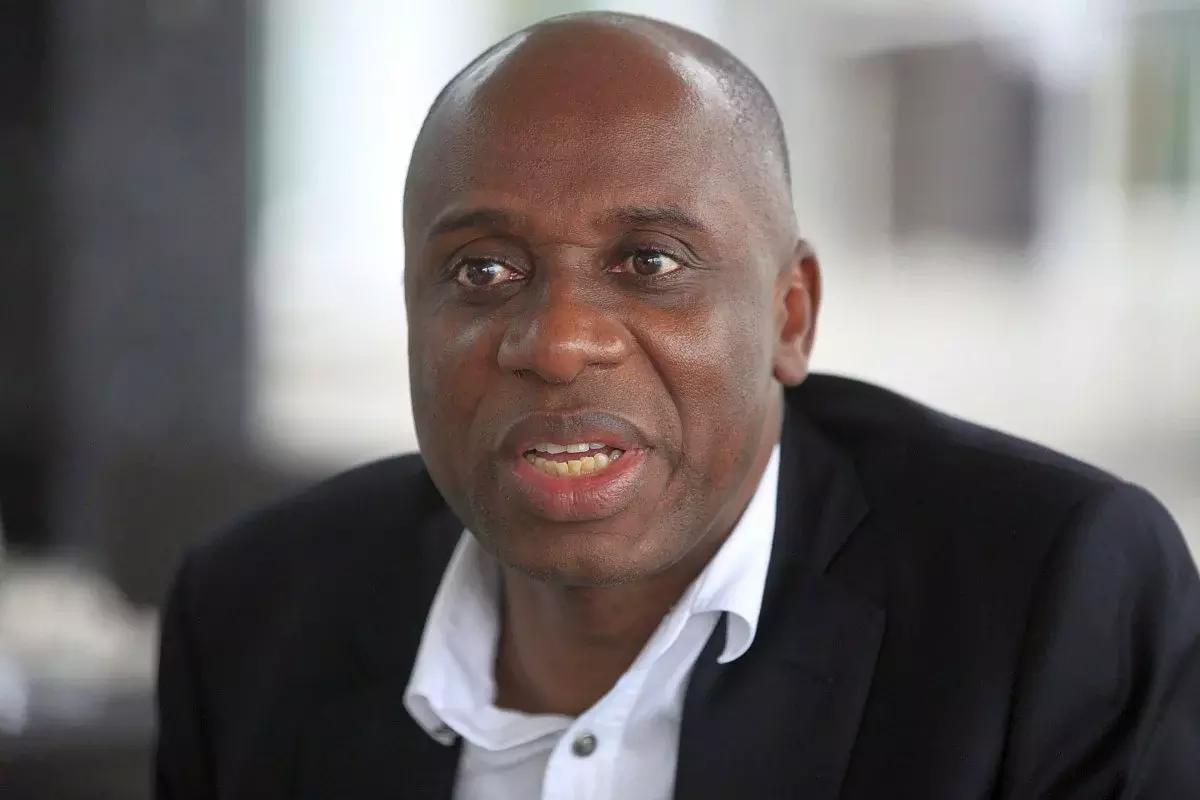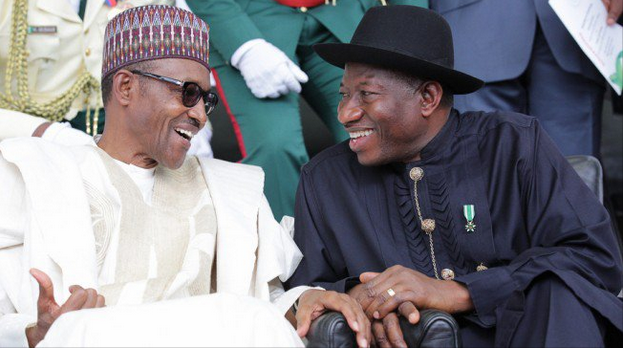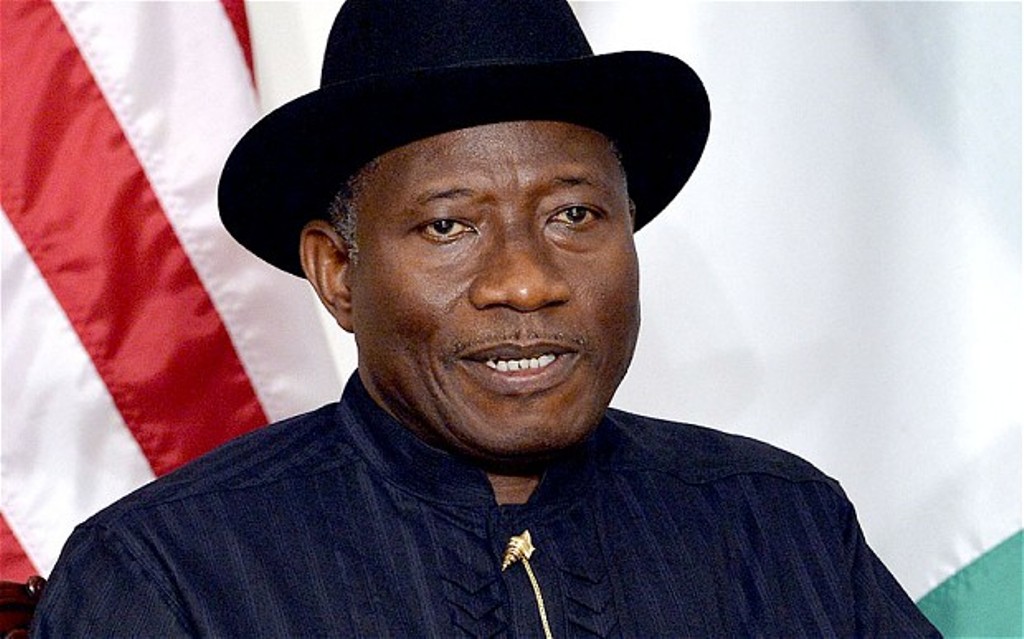By Enyeribe Anyanwu
That Nigeria wants to build a railway line to Maradi in Niger Republic is no longer news. What is news are the attempts by the spokespersons of government to justify the project that has elicited public outcry. In trying to justify the project, the government spokespersons are taking the intellect of Nigerians for granted in their futile attempts to defend the indefensible.
The first spokesperson, Garba Shehu, President Buhari’s Special Assistant on Media and Publicity, in trying to explain away or defend the questionable government intention, said Nigeria was not building any railway line to Niger Republic. All that Nigeria wants to do, he said, is to construct a rail line up to the border Nigeria shares with the neighbouring country, and not into the country itself. He explained that the Nigerian end of the rail line would terminate at the country’s end of the border with Niger Republic.
According to Shehu, Nigeria and the Niger Republic signed an agreement in 2015 to build a track from their ends, and that the two projects, named the ‘Kano-Katsina-Maradi Corridor Master Plan (K2M)”, would meet at the border. He emphasized that Nigeria and Niger Republic would each build a rail track to meet at the border town of Maradi.
One then asks, Is Maradi a border town? Does Garba Shehu and the government he represents want to redraw the map of West Africa?
A look at the map of West Africa clearly defines the position of Maradi in Niger Republic. A rough calculation of the distance between Kano and Maradi shows that the two towns are 227 kilometres (141) miles apart. This is the air distance, while the driving distance is 260 kilometres, and takes about an average of two and half hours. This is approximately the same distance from Lagos to Benin and the same time it takes to connect the two Nigerian cities.
Yet, Garba Shehu is telling Nigerians that Maradi is the border town between Niger and Nigeria to which the two countries will terminate the railway line coming from both countries. What a way to pool the wool over people’s eyes. It’s quite amazing how often this government and its functionaries try to take the majority of its citizens as fools.
As a matter of fact, the border town between Nigeria and Niger Republic is Dole Kaina. Half of the town is in Kebbi State, Nigeria while the other half is in Dosso, Niger Republic. Part of the town is also in Benin Republic hence it is known as the town where three countries meet. The convergence of borders and a river (the River Niger), gives the town a unique place in the economic activities of the region. We also know about border towns like Jibia and Mai’Adua. If, therefore, Nigeria and Niger Republic wanted a rail line that will terminate at their border, why did they not think about these border towns?
It is worthy of note that the rail line in question is known as the Kano-Katsina-Jibia-Maradi railway line. This means that the rail line will pass Jibia, the border town, and proceed to Maradi. Yet the government spokesman, Garba Shehu, is saying that Nigeria was not going to build a railway line into Niger Republic, and that those who are saying this are wrong. What duplicity and arrogance!
Interestingly, among those who are saying that Nigeria is building a railway line to Niger Republic is the Hon. Minister of Transportation, Rotimi Amaechi. The minister first announced this in 2018 and repeated it a few weeks ago at the end of the FEC meeting where he obtained the $1.96billion approval for the project.
Announcing the approvals he obtained after the meeting, Amaechi said, “The second one is the award of contract for the development of the proposed Kano-Katsina-Jibia to Maradi rail line in Niger Republic and to Dutse, the capital of Jigawa, for a total cost of $1,959,744,723.71, inclusive of 7.5% VAT.”
In 2018 when he first announced the government plan, he also made this clear while trying to explain the rationale for the railway link. He said, “We realised that we had competitors for our landlocked neighbours, competitors like Ghana, Togo and even Benin Republic. Our landlocked neighbours are importing through these countries because we don’t have rail lines that go to them. So, to address the situation Mr. President approved a rail line that will go to Maradi in Niger. But that rail line which will come from Kano to Maradi in Niger must pass through some cities. So the rail line passes through Kazaure, and then Daura before proceeding to Jibia and then Maradi”.
With this clear explanation of the route of the rail line and where it will terminate, Nigerians are left to judge between Amaechi and Garba Shehu who is telling Nigerians lies or the truth concerning the terminal point of the rail line.
The justification that Amaechi gave for the railway line to Maradi was echoed a few days ago by another government spokesperson, Alhaji Lai Mohammed, the Minister of Information and Communication. While speaking on a live television programme in Abuja, he said the rail extension “is intended for Nigeria to take economic advantages of import and export of Niger Republic, Chad and Burkina Faso, which are landlocked countries.”
Mohammed said contrary to disinformation by some commentators on the rail extension project, the decision was taken in the economic interest of Nigeria.
His words: “I think there has been a lot of disinformation and total lack of information over that linking of Lagos, Kano, Katsina railway to Maradi. The wisdom behind it is that Niger, Chad, and Burkina Faso are all landlocked, meaning that they do not have access to sea.
“What this means is that most of their imports and exports have to go through neighbouring countries’ seaports like Cotonou in Benin Republic, Togo and Ghana. Because we do not have a road infrastructure that will encourage Niger Republic to use our seaports, we believe that we will be able to take over their imports and exports with the rail linkage.”
Again, in the same 2018, another explanation given to justify the plan for the construction of the railway line to Niger Republic was that it would assist in the supply of crude oil from Niger Republic to the refinery being built in the border town between both countries. The border town was said to be close to Katsina State. A mutual agreement for the construction of the refinery was said to have been reached between Nigeria and Niger Republic some time earlier. But who would build the refinery or how the two countries will build the refinery was not stated.
Yet another justification for the project was given by Garba Shehu while denying government intention to build a rail line to Niger Republic. He said, “The objective of the rail is the harnessing of raw materials, mineral resources and agricultural produce.
“When completed, it will serve domestic industries and play the role of a viable transportation backbone to the West African sub-region, starting with the neighboring Niger Republic for their export and import logistic chain.”
Pray, which industries will the rail serve; the ones in Nigeria or in Niger Republic? And how will a rail line between Nigeria and Niger Republic become the transportation backbone for the whole of West Africa?
There is no need pursuing vague political statements. What is important is to debunk the explanations and the economic reasons these government functionaries have given for this elephant project. First, the Minster of Transportation and his colleague in the Ministry of Information and Communication said the rail line to Maradi will help Niger Republic import through Nigerian ports, thereby taking the transshipment business from Ghana, Benin Republic and Togo.
But it is interesting to know that Niger Republic shippers were importing through Nigeria before they dumped Nigerian ports in 2018. Among the reasons they gave for leaving Nigeria, was lack of a rail link to Niger Republic one of them? The other countries they moved to, was it because they had rail lines to their country? The simple reason for abandoning Nigeria was the nature of our ports.
Two years ago, the Shippers Council of Niger Republic jettisoned a Memorandum of Understanding it entered into with the Nigerian Shippers’ Council to ship transit cargo through Nigeria. The Nigerien shippers decided to ship their cargoes through the ports of Cotonou and Ghana instead.
According to the Nigerien importers, they had to abandon Nigerian ports for the neighbouring ports because of time wasting, insecurity, high clearance costs, poor customer service, among other reasons. Clearly, lack of railway link or transportation was not one of the reasons they gave for leaving Nigeria.
According to the Niger Republic shippers where it will take two days to clear goods in Cotonou, Togo or Ghana, it will take them more two weeks in Nigeria. Similarly, it would take them a few hours to discharge oversized cargo in those ports while in Nigeria it would take days because the operators lacked the equipment to handle such cargoes. The customer would have to wait for days for the operators to hire the equipment.
Then, there is the notorious Lagos ports access roads gridlock. The gridlocks apart from making cargo evacuation from the ports a herculean task, those that manage to leave the ports can stay weeks on the gridlocks. Nigerian importers have had to suffer on the roads because they have no alternative. Would you tell another country’s citizens that have better alternatives to suffer with you in like manner?
Ironically, instead of the government addressing the issue of poor ports access roads, high clearance costs, security and other issues raised by Niger Republic for leaving Nigerian ports, it prefers to build a railway line into their country to woo them. And this is being pursued even when Nigerian imports are not being moved by rail.
It is important to note that with the massive modernization and automation going on in neighbouring ports of Abidjan and Cotonou with promise of greater efficiency which Nigerian ports do not provide, Niger Republic importers will continue to prefer those ports, even if Nigeria builds a railway into their warehouses.
One finds it funny that Nigeria is talking about the Maradi rail line being the transportation backbone of West Africa while the Nigerian side of the Trans-West African Highway is the worst portion of the highway. Nigerian side is horribly bad, infested with uncountable checkpoints by blood-sucking security agencies. West African traders have been complaining bitterly about the Nigerian side of the highway. Instead of Nigeria putting its side of the West African highway in good condition it prefers to build a rail line at a cost of $1.96billion of borrowed money to Niger Republic.
A question the government should ask itself is how much do Ghana, Togo and Benin Republic make from Niger’s transshipment goods that can justify spending $1.96billion to construct a rail line to the country.
It is important to state that whatever “competition” these government officials are referring to is at the ports. Unfortunately Nigerian ports cannot compete with the neighbouring ports in terms of efficiency and cost –a condition that is making even Nigerian importers to prefer those neighbouring ports.
Certainly, if clearance procedures are good, the cost is good and no time wasted, Nigerien importers would prefer Nigerian ports, rail or not. The way Nigerian importers in Kano, Kebbi, Sokoto and Katsina collect their cargoes from the ports, the same way Niger Republic importers will collect theirs. After all, it is almost a borderless zone.
Opponents of this apparently wasteful venture with hidden motive have said so much that one does not need repeating here. But one must not fail to stress the issue of security. With a rail line constructed straight into Niger Republic, insurgency and banditry that is ravaging the Northern fringes of Nigeria will be equally distributed across the country. Terrorists and bandits can now easily fill train coaches and move straight to Lagos or any city of choice in Nigeria.
Whatever little border control there is would have been removed. It will now be smooth access into Nigeria. Thanks to the kindred spirit that is propelling this project.
